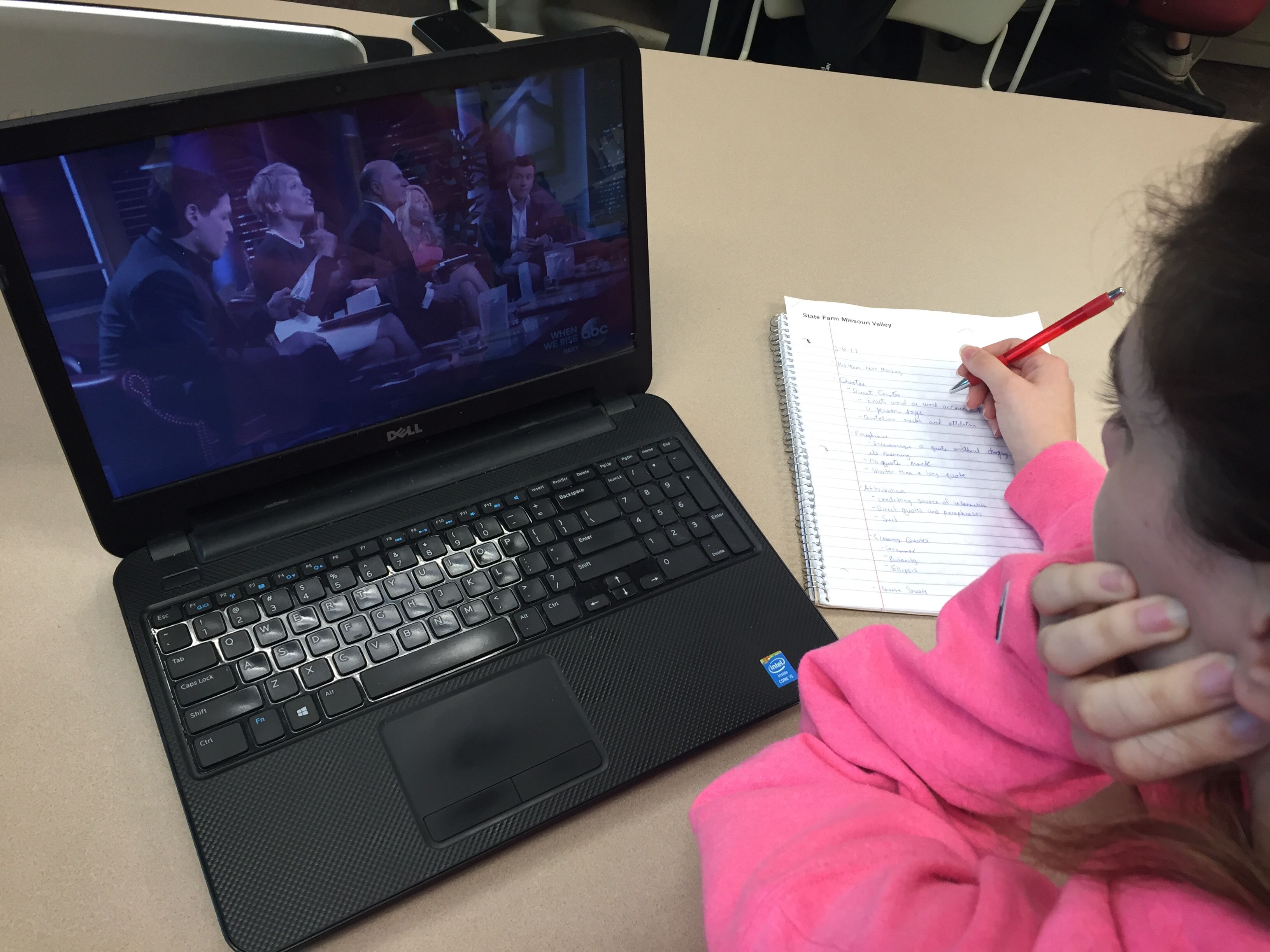Coming into the spring semester, Cabrini University’s communication students were taken for a bit of a surprise to start their opening classes in their major.
When they sat down in their seats on that very first day of the semester, their communication professors told them during their syllabus breakdown that they would no longer be permitted or allowed to use their computers or cell phones during class time, unless instructed otherwise.
“[The communication professors] had a meeting at the end of the fall semester and we were just saying how bad grades were in the fall, they just seemed worse than ever,” Dr. Jerry Zurek, chair of the communication department at Cabrini, said.
In a report published in 2012 called Computers & Education, studies found that using sites such as Facebook and texting while doing schoolwork negatively affected the overall GPA of the group of over 1,800 college students ranging from the ages of 18 to 22.
An additional study found that, when heavy media multitaskers were compared to light media multitaskers, there was a huge difference in productivity. Heavy media multitaskers were on average 77 milliseconds slower than light media multitaskers when intentionally distracting elements were added to the experiment, according to the report.
The professors of the department all had different rules and regulations for technology in the classroom written in their syllabuses in the past. The department figured having one universal language surrounding the movement would be the best thing going forward.
This ironic shift in philosophy in the communication department–one that thrives on the use of cell phones, computers and other forms of technology–has brought an old question back to the forefront: is multi-tasking possible?
“Absolutely, but I think it depends on the person,” Dr. Sara Maggitti, director of counseling and psychological services at Cabrini, said.
“There are people who in fact need to tune out all stimulation in order to focus, so they need a distraction-free environment to study, yet there are also people who find that extremely difficult to function and so to them having zero stimulation almost becomes the distraction,” Maggitti said.
Maggitti, a licensed psychologist, believes that due to the amount of data thrown at millennials, they are much more likely to be able to multi task than those of older generations.
“For [millennials], you guys have grown up in this world where your brains are wired very differently than mine and certainly even older generations because you have grown up in this world where you have already been flooded with tons of information that’s coming at you very fast and your brains are able to process multiple pieces of information at the same time. [Older generations’] brains are basically wired a different way,” Maggitti said.
According to an online questionnaire that was taken by 1,319 Americans spanning three generations, members of ‘Net Generation’ multitasked more than members of ‘Generation X,’ and more Gen X’s multitasked than members of the ‘Baby Boomer,’ which goes to prove Maggitti’s point.
So while some may find having the television on in the background or playing their favorite music play in the background as a distraction, some people actually thrive in those situations.
Donald Dempsey, chair of the graphic design department at Cabrini, can see this phenomenon from both sides.
“If it’s music on in the background, I love it, but although it’s popular now to have multiple screens, I found it not to be something that I can deal with, but some people can,” Dempsey said. “It really depends on the project, if i’m trying to be creative or trying to design something a lot of times I want quite. If i am doing some routine stuff, I generally switch between the two.”
When asked about the early returns of the new policy, Zurek noted that, so far so good.
“Journalism is a core course for communication majors across the country. If you take two years of journalism and you and you don’t have good portfolio stories, you’re not learning about the laws of the press, you are not learning about media ethics, you don’t know what’s going on in the world, you’re not prepared.”



